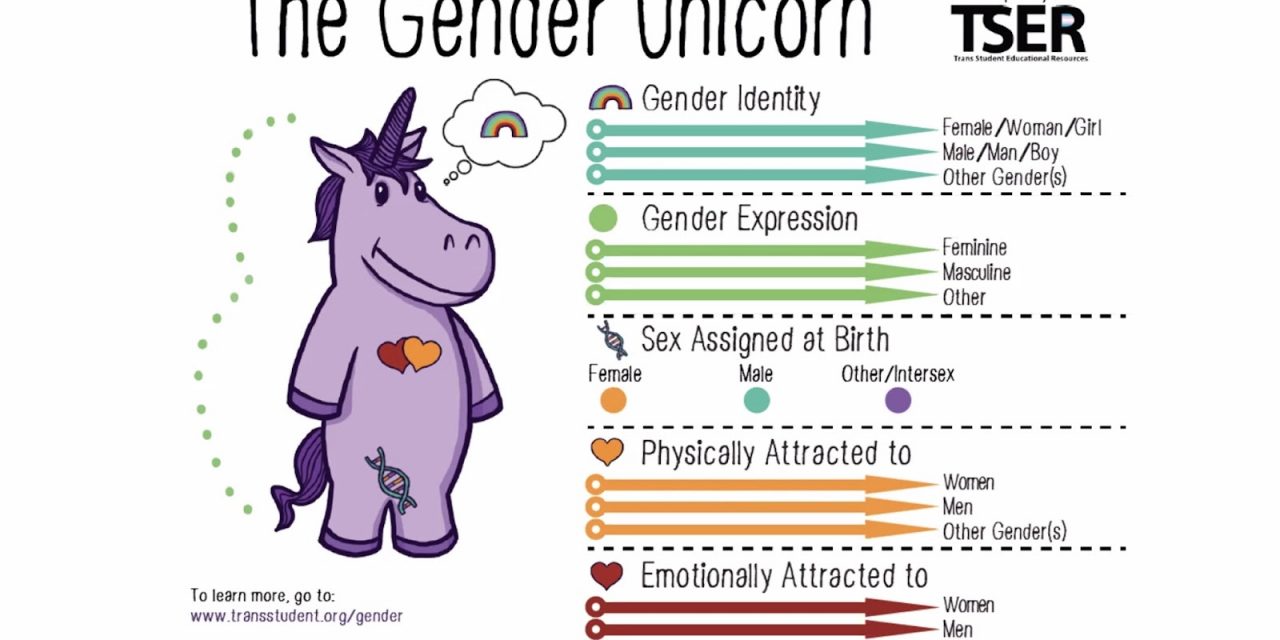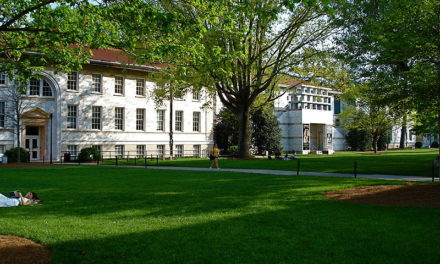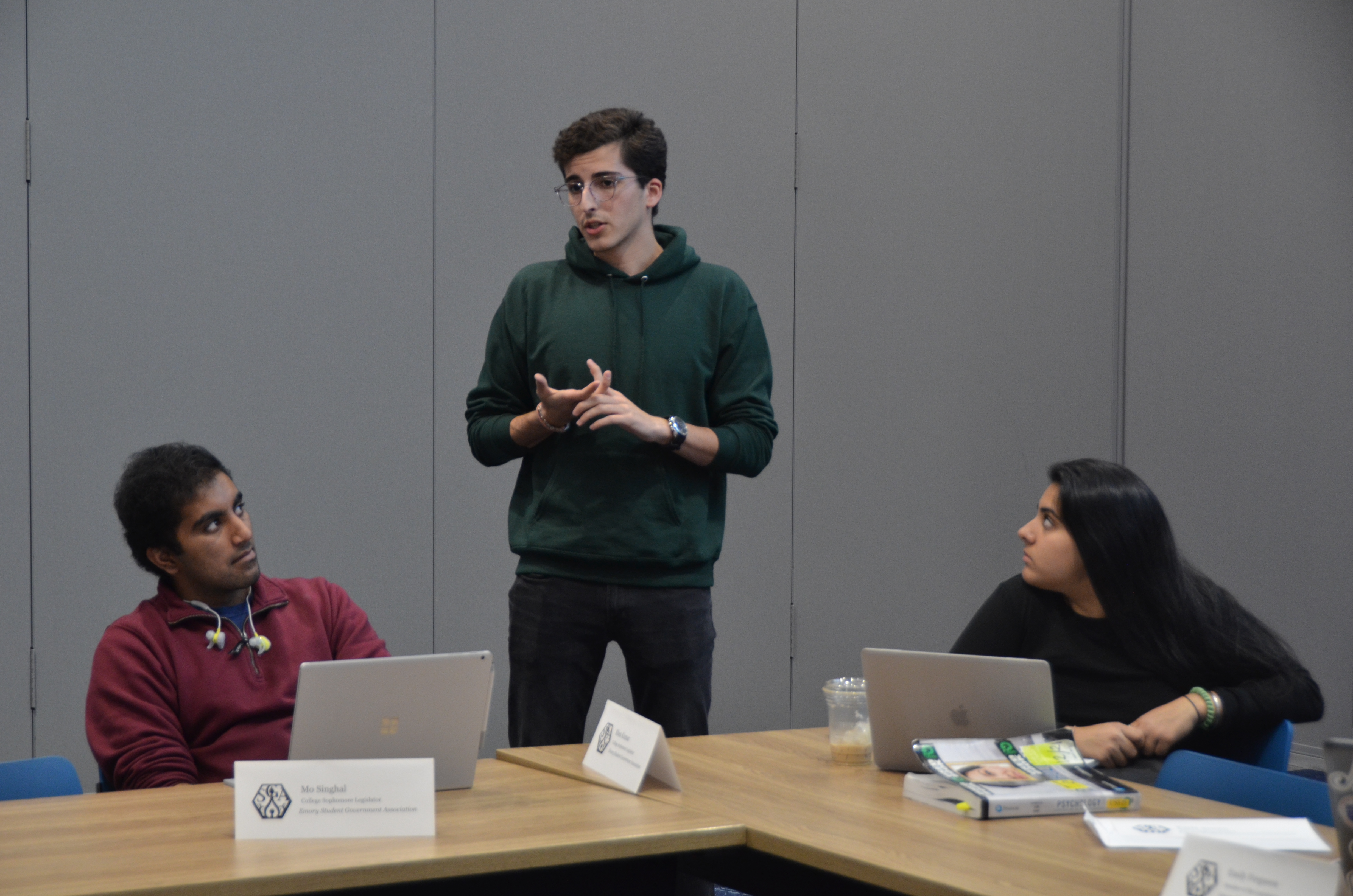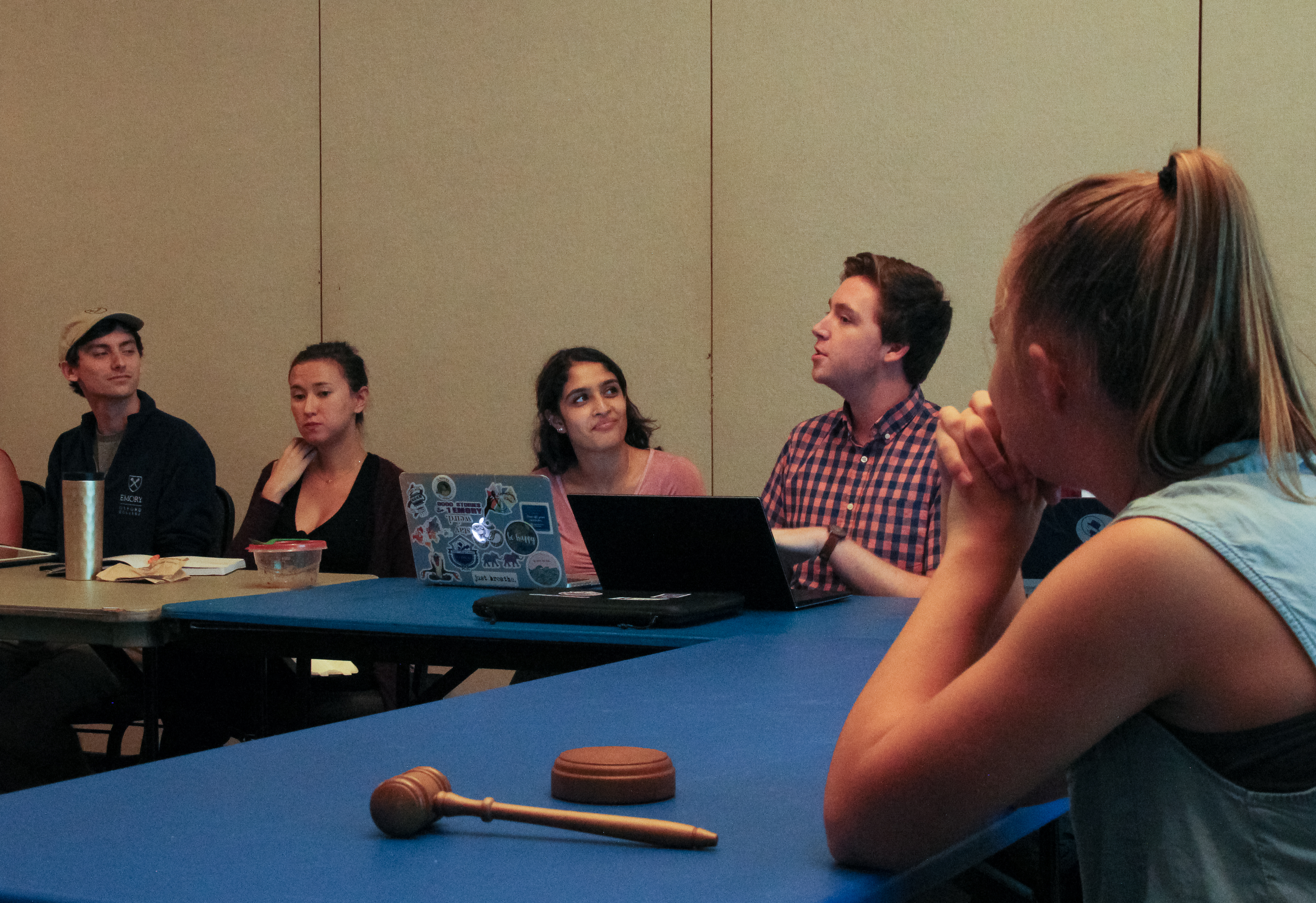Emory College’s Office of Advancement and Alumni Engagement hosted an hour-long panel called “The Intersection of Sexuality, Gender, and Race” on Oct. 27, which dissected the developments of sexuality and gender identity as perceived in both historical and contemporary times. The panelists discussed the full extension of the LGBTQ+ community and how it has affected each of their own lived experiences.
The speakers included Assistant Professor of African American Studies Alix Chapman, Assistant Professor at the Department of Women’s, Gender, and Sexuality Studies Stu Marvel and Program Coordinator at the Office of LGBT Life Jacqueline Veliz.
The panel was moderated by Director of Diversity and Inclusion for Advancement and Alumni Engagement Marché Simpson.
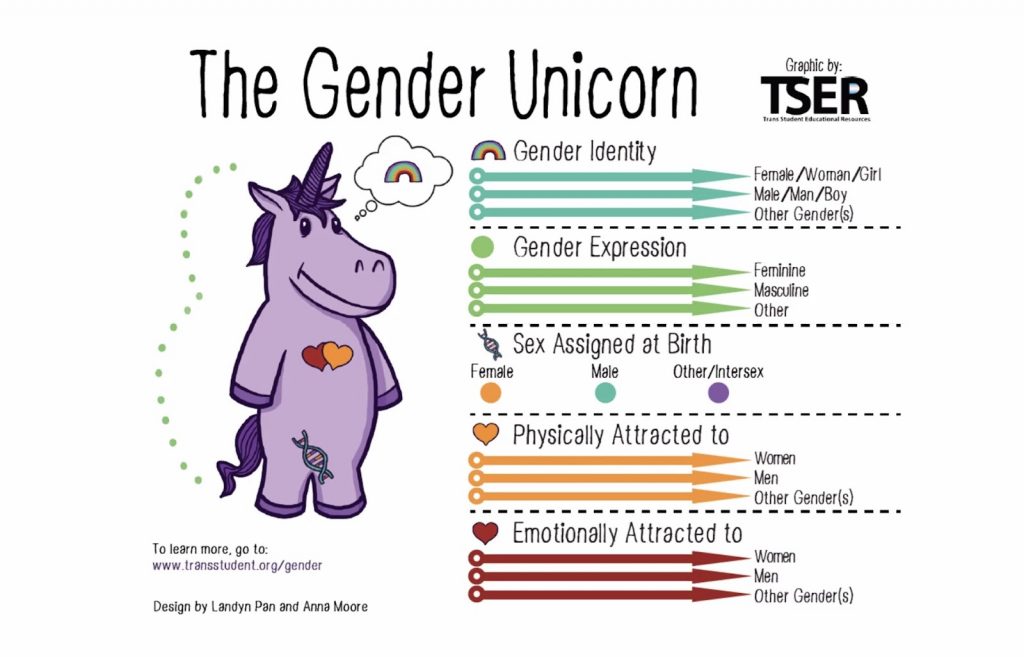 Veliz opened the conversation by presenting the “Gender Unicorn,” a diagram created by Trans Student Educational Resources (TSER), to explain the differences and polyfunctionality of gender, sex and attraction. TSER is a U.S. organization “dedicated to transforming the educational environment for trans and gender nonconforming students through advocacy and empowerment,” according to their mission statement.
Veliz opened the conversation by presenting the “Gender Unicorn,” a diagram created by Trans Student Educational Resources (TSER), to explain the differences and polyfunctionality of gender, sex and attraction. TSER is a U.S. organization “dedicated to transforming the educational environment for trans and gender nonconforming students through advocacy and empowerment,” according to their mission statement.
“Often times, people believe that LGBTQ+ is an identity of itself,” Veliz said. “Really, LGBTQ+ is a combination of different categories. It can be sex assigned at birth, gender identity, gender expression and sexuality.”
Though the struggles of the LGBTQ+ community have become more widely discussed in recent years, Marvel said the idea of a pronoun is still a largely foreign concept for many people to understand.
“Folks just don’t want to offend, they don’t want to say something stupid,” Marvel said. “If you’ve never considered the role of pronouns in your own life, it can seem like a really foreign concept. I think education is such an important first step.”
Chapman discussed the ways in which racial and gender identities are “political identities.”
“Particularly for communities of color, we have histories of not having our gender respected,” Chapman said. “My dad’s parents might not have identified as Black — they oftentimes identified as colored — but my dad had a very strong understanding because of his particular experience of Blackness being a political thing. Oftentimes, I’ll use that as an example of the trajectory from being homosexual, to gay, to queer.”
Simpson asked the panelists to discuss why non-binary people still struggle to be understood. The answer was simple: people have a desire for simplicity.
“What could be more simple and self-evident than gender binary?” Marvel said. “Men are men, women are women, what could be more obvious?”
Though it is easy to default to today’s fixed man-woman standard, Marvel emphasized that such views are characteristic of this moment in history. She said that because of the colonization of English, French and Spanish sailors throughout the 17th and 18th centuries, who imposed their laws and theologies to the new world, we view the binary as being so fixed and inevitable.
“You can find hundreds of examples of cultures and times that didn’t view gender as a rigid divide,” Marvel said. “Some were celebrated, some were denigrated. But it was always there.”
According to Marvel, the indigenous term “Two-Spirit” refers to someone who has both a masculine and feminine spirit and is a significant example of what Native Americans use to describe their sexual identities outside of Western binaries.
“Black and Indigenous scholars are arguing that gender binary itself was actually a key element of European colonization,” Marvel said. “By trying to force everybody into these neat boxes of male and female, with men in charge, the Europeans instated their system of white supremacy and patriarchal rule that we’re still living in wake of today.”
Veliz encouraged people to think and reflect about pre-existing assumptions on their own time, so that it doesn’t come off as such a surprise when encountering someone who doesn’t have the pronouns as delineated by societal gender constructs.
“There’s great resources on campus,” Marvel said. “Sign up for the Office of LGBT Life newsletter, go onto the website that clues you into what’s happening on campus and you can get some more familiarity with things that are outside your comfort zone.”
Ashley Zhu (she/her) (25C) is from Dallas, Texas, majoring in biology and minoring in sociology. She is the vice president of recruitment for the Residence Hall Association, a sophomore advisor for Raoul Hall and a staff writer for the Emory Undergraduate Medical Review. She is involved in cell biology research at the Pallas Lab and is a BIOL 141 Learning Assistant. Zhu enjoys FaceTiming her dog, stalking people's Spotify playlists and listening to classical music in her free time.

